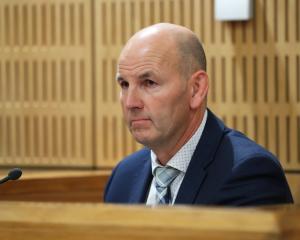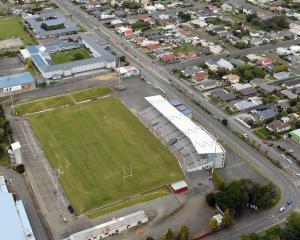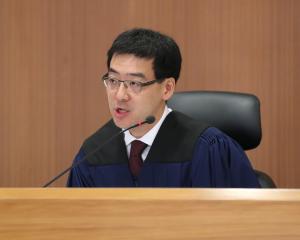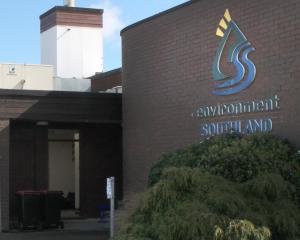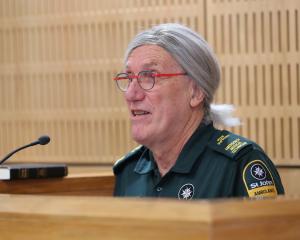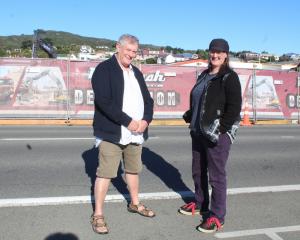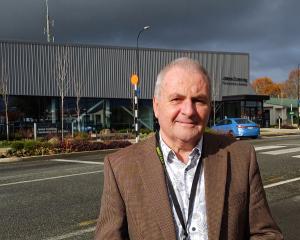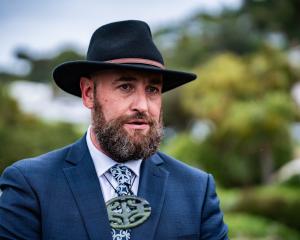Face-to-face meetings have a whole new meaning for Southland district and Invercargill mayors Rob Scott and Nobby Clark.
The Southern pair fronted up to the water services select committee in Wellington on March 3 only to be met by a screen full of faces.
While Mr Clark was able to speak to committee chairwoman Rachel Brooking in person, all other committee members had opted to connect via video conferencing.
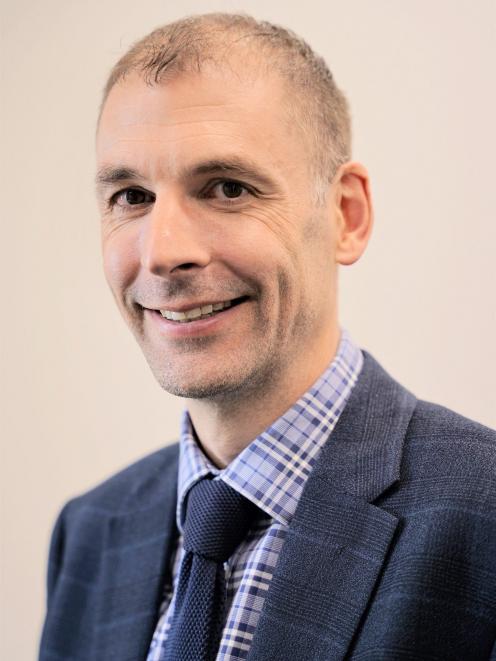
Mr Scott thought it was an issue of respect.
"It was reflective of how the entire reform process has gone to date."
"Maybe my definition of good faith is different to theirs."
Select committees were only any good if they followed through with a genuine intent to listen to and learn from mayors and community leaders who were there speaking on behalf of their communities.
"I would expect a lot more than what we experienced."
"We put a lot of time and effort into preparing the submission and we felt let down by the process."
Had the Government listened to communities from the start no-one would be faced with all the 11th hour rework that was overstretching staff, he said.
"It is really hard to be optimistic about experiencing anything better than I have just described."
Mr Clark said he doubted he would put in an additional submission.
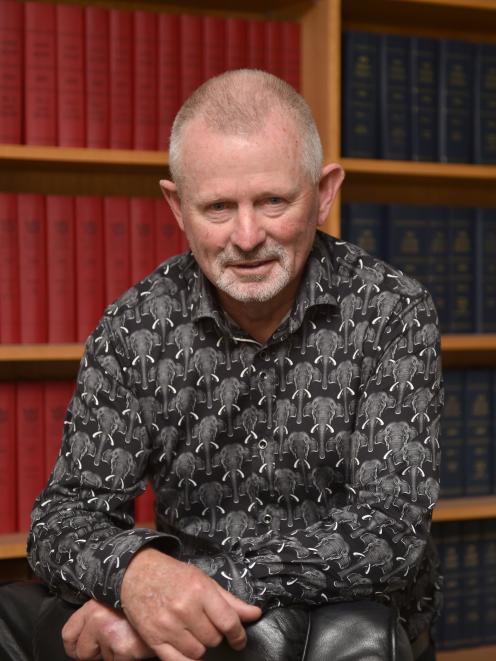
"I’ve already been quite public about the fact that I thought that was a farcical select committee."
"One of the four people that was facing me was constantly on the cellphone doing texting, another one got up and went and got coffee twice while I was submitting ... another one had to leave early ... to catch a flight. I just thought it’s just a farcical process to be quite honest."
Ms Brooking said there was no existing formalised etiquette which covered the use of cellphones during hearings.
She believed, even though she personally was giving speakers her full attention, it might not have appeared that way.
But how much a committee member wanted to engage with a submitter came down to personal choice, she said.
"Obviously, I’m sorry that people feel that they weren’t listened to enough. These are all time-pressured processes."
Ms Brooking chaired a meeting where fellow Labour MP Anna Lorck could be clearly seen sitting directly beside her using her mobile phone during the hearings, unchecked by the chair.
Video-conferencing was also widely used by members when they did not have to be in Wellington on formal select committee sitting days, Ms Brooking said.
Politicians did not have oversight of when submissions would be heard as the schedules were arranged by the clerk’s office.
Some hearing days had full committees, while others did not, she said.
"So that was the luck of the draw in terms of timing with submissions."
Mr Scott believed video-conferencing was not a system that was always effective, especially when there was a mix of participants across platforms.
"If there was a good reason for them all to be on Zoom, I would communicate this and have a discussion beforehand."
If he and Mr McIntosh had not already been in Wellington for an LGNZ conference, Southland ratepayers would have paid for a wasted trip.
The select committee received 430 oral submission, including 57 from councils.
Priority was given to territorial authorities, along with other stakeholders to make oral submissions to the committee.
Sub-committees also held satellite hearings in six locations, including Dunedin on August 17, 2022.



